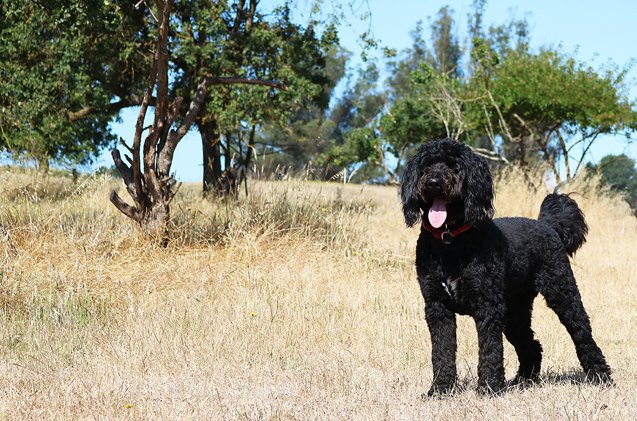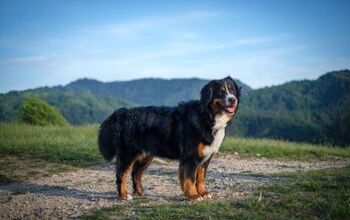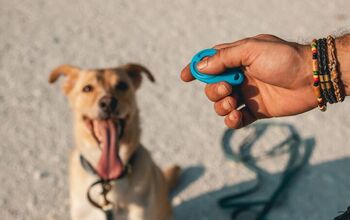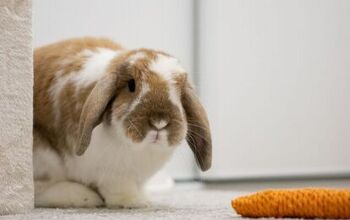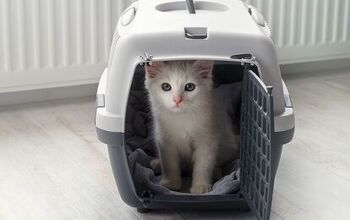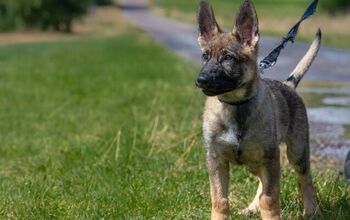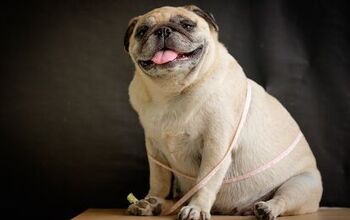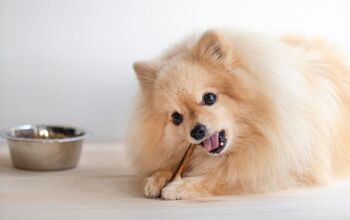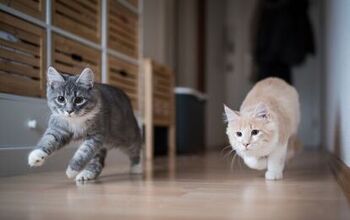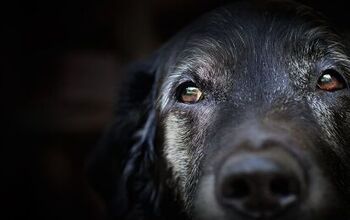Belgian Shepadoodle


About Belgian Shepadoodle
The Belgian Shepadoodle brings the intelligence and loyalty of the Standard Poodle together with the super-energized and protective nature of the Belgian Sheepdog for a dog who makes an ideal watchdog and great family pet when properly socialized.
Belgian Shepadoodles bring the intelligence of a Poodle together with the protective nature of the Belgian Shepherd.
The Belgian Shepadoodle is considered a designer dog which means he likely dates back to the 1980s when the practice of mating purebreds to produce dogs that delivered the desired traits of the parent breeds – typically a healthier, smaller, hypo-allergenic or gentler form of a popular breed. With the Belgian Shepherd, he is the product of breeding a Standard Poodle and a Belgian Sheepdog (Belgian Groenendael) which is a variation of the Belgian Shepherd.
As a designer dog, the Belgian Shepadoodle is not eligible to join the American Kennel Club (AKC) however the Poodle side of this dog is a long-time member having joined the “non- sporting” group back in 1887. And while the Belgian Shepherd name is not recognized by AKC, the four varieties that make up this breed are and they include: the Belgian Groenendael, the Belgian Tervuren, the Belgian Malinois and the Belgian Laekenois.
The Belgian Shepadoodle is an active dog who will require a nutrient-rich kibble specifically designed for his size, age and activity level. Because this dog can suffer from joint issues later in life, avoid free-feeding which could lead to obesity and exacerbate this health issue. Two to 3 meals throughout the day with a quality food that is low in filler to avoid over-eating to feel full, is the ideal choice. Poodles can be prone to digestive issues so avoid high fat meals.
Belgian Shepadoodles are loyal, protective and quick to bark if they feel necessary.
The Belgian Shepadoodle comes from highly intelligent breeds that are quick to pick up commands however the independent Shepherd side of this dog may result in a challenging training period. Because extensive socialization and obedience training for this dog is crucial to him becoming a good family member, owners should consider a professional trainer if things aren’t progressing. With this big boy, you will need to take a firm, consistent, rewards-based approach with lots of praise and treats of your choice to get the results you are looking for.
The weight of a Belgian Shepadoodle typically ranges between 45 to 60 pounds.
Belgian Shepadoodles are loyal, protective and quick to bark if they feel necessary – so great potential watchdogs. They come from two breeds that can become destructive if bored or left on their own for long periods making them a better pick for families where one member works from home. While they get along with children and other pets, socialization is an imperative as aggression toward unknown dogs is not uncommon. Their loyal, sensitive nature means this dog should never be relegated solely to outdoor living – he needs human, interactive companionship.
Typically, a designer dog will by-pass many of the health issues known to plague his pure-bred parents however you should always be aware of what your new pup could inherit. For the Belgian Shepadoodle, that can include elbow and joint issues, hip dysplasia, bloat and hypothyroidism.
You can expect your Belgian Shepadoodle to live to between 12 to 14 years.
The Belgian Shepadoodle is a highly active dog that needs owner dedication to long daily walks and regular outdoor play. A fenced yard is ideal for helping this energetic boy burn off energy while interactive toys and puzzle games will help keep him mentally stimulated and prevent the destructive behaviors that can come with this breed when he becomes bored. No off-leash dog parks for this fellow as he has a high tendency to wander away.
The Belgian Shepadoodle’s loyal, sensitive nature means he should never be relegated solely to outdoor living.
The Belgian Shepadoodle is not recognized by the American Kennel Club however he is recognized by the Dog Registry of America, Inc. (DRA).
Your Belgian Shepadoodle can pick up the soft, curly coat of the Poodle or the coarser, medium-length coat of the Belgian Shepherd and either way, he will be a low- to moderate-shedding dog. Brushing 2 to 3 times per week and bathing only as needed should keep the hair in check with infrequent visits to the groomer to keep his coat in shape. Because he will typically have folded or floppy ears, regular cleaning to remove dirt and debris should be done to prevent infections.
Belgian Shepadoodle pups may inherit some of their pure-bred parent health issues including joint issues, so when exercising or leash-training care must be taken to not over-stress tiny joints. Additionally, the Belgian Sheepdog Club of America participates in the Canine Health Information Center database so your breeder should be able to provide proof that the parent Belgian Shepherd has achieved CHIC certification. This little guy needs extensive socialization to become a great dog, so start early.
Photo credit: Tracey Patterson/Shutterstock.com; Hollysdogs/Shutterstock.com; Morlaya/Shutterstock.com

Sharing space with three seriously judgy Schnoodles and a feline who prefers to be left alone. #LivingMyBestLife
More by Mary Simpson



